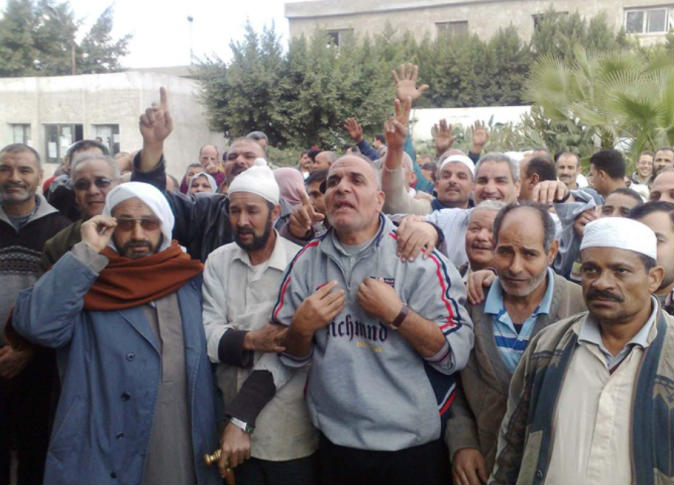
According to the report issued on Saturday by Democracy Index, affiliated with the Cairo-based International Development Center (IDC), both the the amount of detentions by Egyprian authorities and the number of terrorist incidents have increased in the first quarter of 2015. The report also mentioned a rise in labor protests, as well as violent incidents at colleges and schools.
According to the report, 1,353 protests took place in the first three months of 2015, 40 percent of which were related to economic and social demands.
526 protests occurred in January, 401 in March, and 390 in February, the report mentioned.
Muslim Brotherhood supporters staged 552 protests, whereas laborers, business owners and craftsmen staged 323 protests. At the same time, school and university students staged 183 protests .
Labourers organized 81 protests, followed by teachers with 36 protests, medical workers with 35 protests, drivers with 27 protests, bread distrutors with 17 protests, university staff with 15 protests, farmers with 12 protests, lawyers with 12 protests, Endowments Ministry workers with 9 protests, journalists with 8 protests, the security sector with 4 protests, and finally the judges with one protest regiustered, by the end of March.
University graduates and job applicants staged 29 protests, while 22 demonstrations were organized by political activists. In addition, 29 protests have been staged by people with disabilities, and 8 gatherings by representatives of the Coptic community.
The most prominent demands included Muslim Brotherhood's calls to release prisoners, as well as demands to abolish military tribunals for civilians, and protests against restricting freedoms and against violence against civilians, such as the Air Defense Stadium incident or toture at police stations.
Social demands included job opportunities, improving work conditions, demands to provide gas cylinders and housing, and protests against raising tuition fees.
The report pointed out that the rate of social and economic demands was higher compared to 2014, where those demands represented between 20 and 30 percent of the protester's calls..




